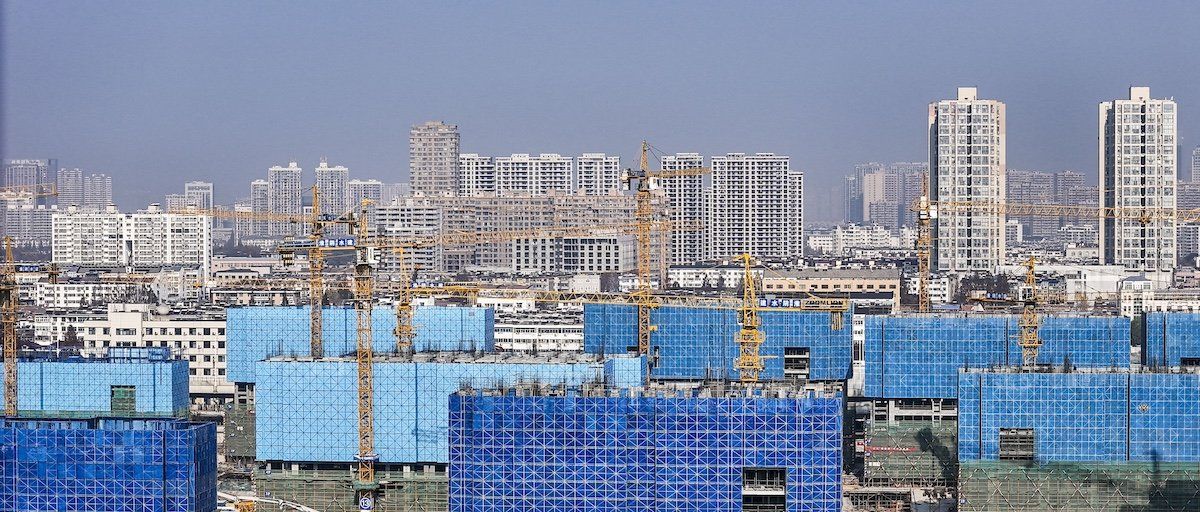Ratings agency Moody’s officially downgraded its outlook for China’s state credit ratings on Tuesday from “stable” to “negative” as Beijing struggles to trim out-of-control domestic debt without idling the engines of its economic growth.
Moody’s announcement warns that Beijing may struggle to find the money to support local governments and state-owned firms that are drowning in debt. Local governments alone are over $12 trillion in the hole, an amount equal to more than three quarters of annual GDP.
Still, the country’s actual credit rating (as opposed to the outlook, which is a lookahead) hasn’t changed yet. Moody’s still considers Chinese bonds to be A1 — not top-shelf like a good ol’ US 10-year Treasury note, but hardly a fool’s wager.
But if China’s debt woes do lead to a downgrade – as happened in 2017 – it could set off a vicious cycle: to compensate for higher perceived risk Beijing would have to raise interest rates, but higher borrowing costs would make fewer investments viable, and fewer viable projects would mean diminished economic growth prospects. At a minimum, slower growth means less revenue for the state to bail out indebted companies, but — and here’s the crucial bit — a sluggish economy also risks political unrest.
Around
two-thirds of household wealth in China is in the property market, which is heavily exposed to interest rate hikes. A worsening debt crisis could devastate life savings for middle-class people who rarely take political stands, not just the students and lower-income folks like the ones crushed under tank tracks at Tian’anmen
more than three decades ago. Beijing isn’t eager to test those waters.
